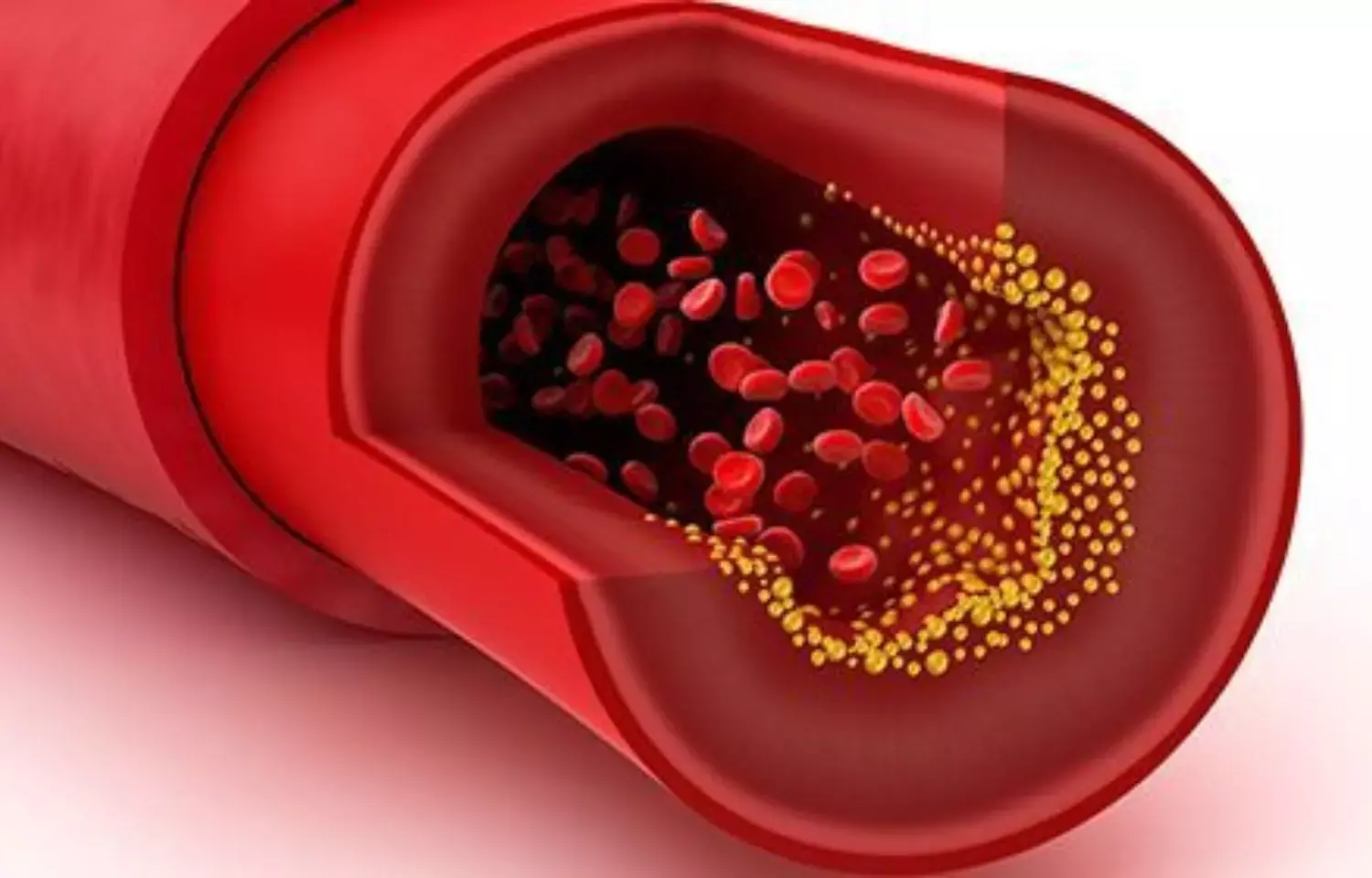- Home
- Medical news & Guidelines
- Anesthesiology
- Cardiology and CTVS
- Critical Care
- Dentistry
- Dermatology
- Diabetes and Endocrinology
- ENT
- Gastroenterology
- Medicine
- Nephrology
- Neurology
- Obstretics-Gynaecology
- Oncology
- Ophthalmology
- Orthopaedics
- Pediatrics-Neonatology
- Psychiatry
- Pulmonology
- Radiology
- Surgery
- Urology
- Laboratory Medicine
- Diet
- Nursing
- Paramedical
- Physiotherapy
- Health news
- Fact Check
- Bone Health Fact Check
- Brain Health Fact Check
- Cancer Related Fact Check
- Child Care Fact Check
- Dental and oral health fact check
- Diabetes and metabolic health fact check
- Diet and Nutrition Fact Check
- Eye and ENT Care Fact Check
- Fitness fact check
- Gut health fact check
- Heart health fact check
- Kidney health fact check
- Medical education fact check
- Men's health fact check
- Respiratory fact check
- Skin and hair care fact check
- Vaccine and Immunization fact check
- Women's health fact check
- AYUSH
- State News
- Andaman and Nicobar Islands
- Andhra Pradesh
- Arunachal Pradesh
- Assam
- Bihar
- Chandigarh
- Chattisgarh
- Dadra and Nagar Haveli
- Daman and Diu
- Delhi
- Goa
- Gujarat
- Haryana
- Himachal Pradesh
- Jammu & Kashmir
- Jharkhand
- Karnataka
- Kerala
- Ladakh
- Lakshadweep
- Madhya Pradesh
- Maharashtra
- Manipur
- Meghalaya
- Mizoram
- Nagaland
- Odisha
- Puducherry
- Punjab
- Rajasthan
- Sikkim
- Tamil Nadu
- Telangana
- Tripura
- Uttar Pradesh
- Uttrakhand
- West Bengal
- Medical Education
- Industry
Alogliptin decreases coronary plaque volume in ACS patients with dysglycemia

JAPAN: According to a study published in the Atherosclerosis Journal, alogliptin decreased coronary plaque volume in ACS patients with dysglycemia.
Typically, atherosclerotic plaque is believed to form gradually. Alogliptin is a DPP-4 selective inhibitor that has been given the go-ahead to treat type 2 diabetes. Dipeptidyl peptidase-4 inhibitors have anti-atherosclerotic properties, but these effects are still little understood, so the authors of this study set out to determine these effects.
66 patients with acute coronary syndrome (ACS) with mild dysglycemia (HbA1c 6.0 (5.7, 6.3) %, 58% of impaired glucose tolerance) were randomized to receive alogliptin (n = 33) or placebo (n = 33) in conjunction to usual therapies in a prospective, single-center, randomized trial. In order to assess changes in non-culprit lesions' plaque tissue components and coronary percent plaque volumes (%PV), serial intravascular ultrasonography (IVUS) was carried out at baseline and 10 months (NCLs).
Conclusive points of the study:
- Intensifications in HbA1c and lipid variables throughout a 10-month period, as well as baseline clinical and IVUS features, did not differ substantially between the 2 groups.
- Comparatively to the placebo group, the alogliptin group experienced significantly bigger reductions in plaque volumes (-0.3 0.6 vs. -0.04 0.7 mm3/mm, p = 0.03) and percent PV (-0.9 2.8 vs. 1.2 3.6%, p = 0.01), as well as a tendency toward less lumen loss (-0.1 0.7 vs. -0.4 0.8 mm3/mm, p = 0.07).
- At 10 months, the alogliptin group showed or tended to show significant reductions in percent necrotic volumes (%NV) (1.9 3.8 vs. 0.3 3.7%, p = 0.03) and increases in fibrotic volumes (2.5 5.0 vs. 0.3 5.3%, p = 0.05).
- Alogliptin use was a statistically significant predictor of changes in %PV ( β = 0.33, p = 0.004) and %NV (β = 0.28, p = 0.03) at 10 months in multiple regression analysis.
Patients with ACS and mild dysglycemia who were treated with analogliptin experienced significant plaque regression and stabilization in non-culprit lesions regardless of their glycemic and lipid conditions, highlighting the potential benefit of early incretin-based treatment for this patient population, concluded the authors.
REFERENCE
Okada, Kozo & Kikuchi, Shinnosuke & Kuji, & Nakayama, Naoki & Maejima, Nobuhiko & Matsuzawa, Yasushi & Iwahashi, Noriaki & Kosuge, Masami & Ebina, Toshiaki & Kimura, Kazuo & Tamura, Kouichi & Hibi, Kiyoshi. (2022). Impact of early intervention with alogliptin on coronary plaque regression and stabilization in patients with acute coronary syndromes. Atherosclerosis. 360. 10.1016/j.atherosclerosis.2022.09.005.
Dr Kamal Kant Kohli-MBBS, DTCD- a chest specialist with more than 30 years of practice and a flair for writing clinical articles, Dr Kamal Kant Kohli joined Medical Dialogues as a Chief Editor of Medical News. Besides writing articles, as an editor, he proofreads and verifies all the medical content published on Medical Dialogues including those coming from journals, studies,medical conferences,guidelines etc. Email: drkohli@medicaldialogues.in. Contact no. 011-43720751


